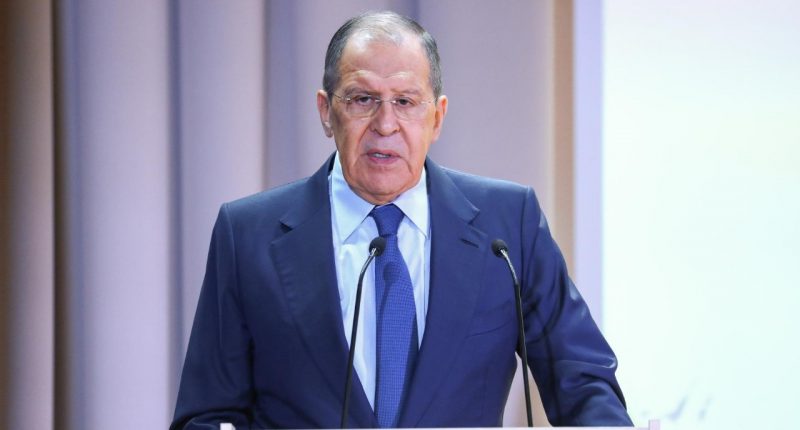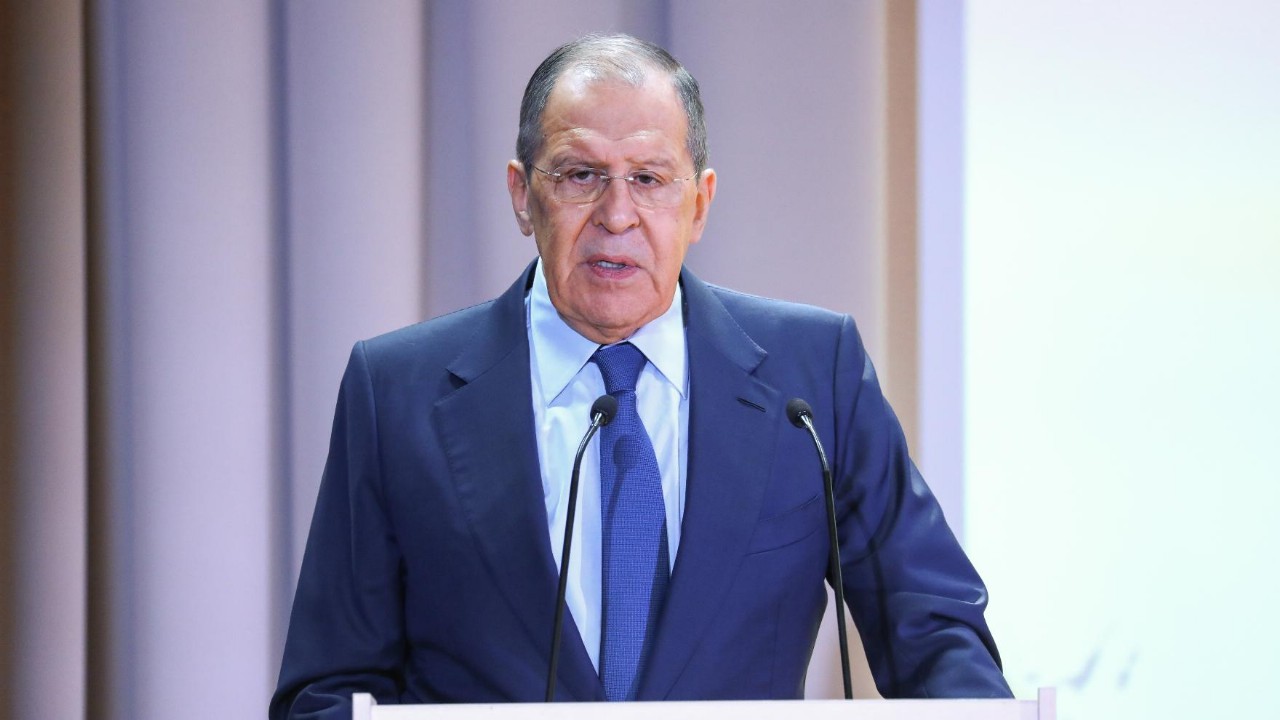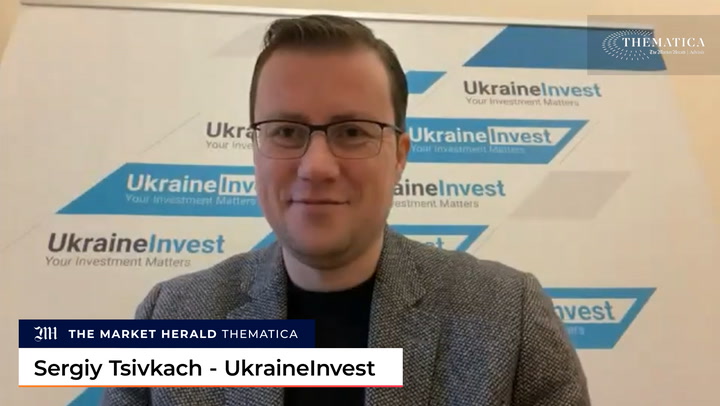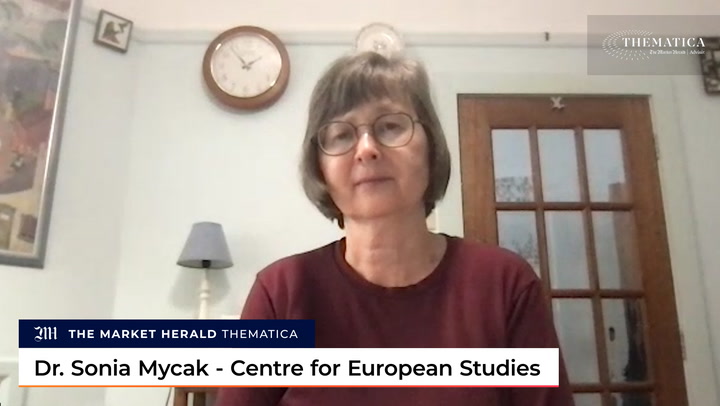- Russia, China and Pakistan said they are willing to provide aid to Afghanistan, but Moscow is not yet prepared to formally recognise the Taliban government
- The promise includes humanitarian and economic support, and follows discussions between Russian, Chinese and Pakistani officials
- Critics of the Taliban say the group is backtracking on pledges it made when it took power, such as political and ethnic inclusivity
- Representatives of the Taliban will meet other leaders at a meeting in Moscow on Wednesday, which will not include the United States
Russia, China and Pakistan said they are willing to provide aid to Afghanistan, the Russian foreign ministry said on Tuesday, but added that Moscow was not yet prepared to formally recognise the Taliban government.
The promise, which includes both humanitarian and economic support, comes after discussions between Russian, Chinese and Pakistani officials, who will be joined by representatives of Afghanistan’s hardline Islamist rulers at a meeting in Moscow on Wednesday.
Russian Foreign Minister Sergei Lavrov, however, said Russia would withhold recognition of the Taliban as it waits for them to fulfil the promises they made when they claimed power, such as political and ethnic inclusivity.
Critics of the former rebel movement said the group is backtracking on its pledges to not sideline women or persecute its enemies.
“Official recognition of the Taliban is not under discussion for now,” Mr Lavrov said.
“Like most of other influential countries in the region, we are in contact with them. We are prodding them to fulfil the promises they made when they came to power.”
The Western-backed Afghan government collapsed in mid-August after the United States and its allies withdrew after 20 years on the ground.
Russia, which waged its own war in the country from 1979 to 1989, is making diplomatic moves to stave off further instability in the wider region, which could damage its interests.
In particular, it’s worried about the possibility of Islamist militants infiltrating the former Soviet republics of Central Asia, a region Moscow sees as a defensive buffer zone.
Other Russian officials have tempered expectations for Wednesday’s talks, which will not include the United States.
President Vladimir Putin’s special representative on Afghanistan, Zamir Kabulov, said last week he did not expect any major breakthrough at the talks.
“We do not expect any breakthroughs,” RIA news agency cited Mr Kabulov as saying. “We understand that this is a long process.”
Kremlin spokesperson Dmitry Peskov, meanwhile, described coming discussions as “an attempt to know what will happen in Afghanistan going forward”.








